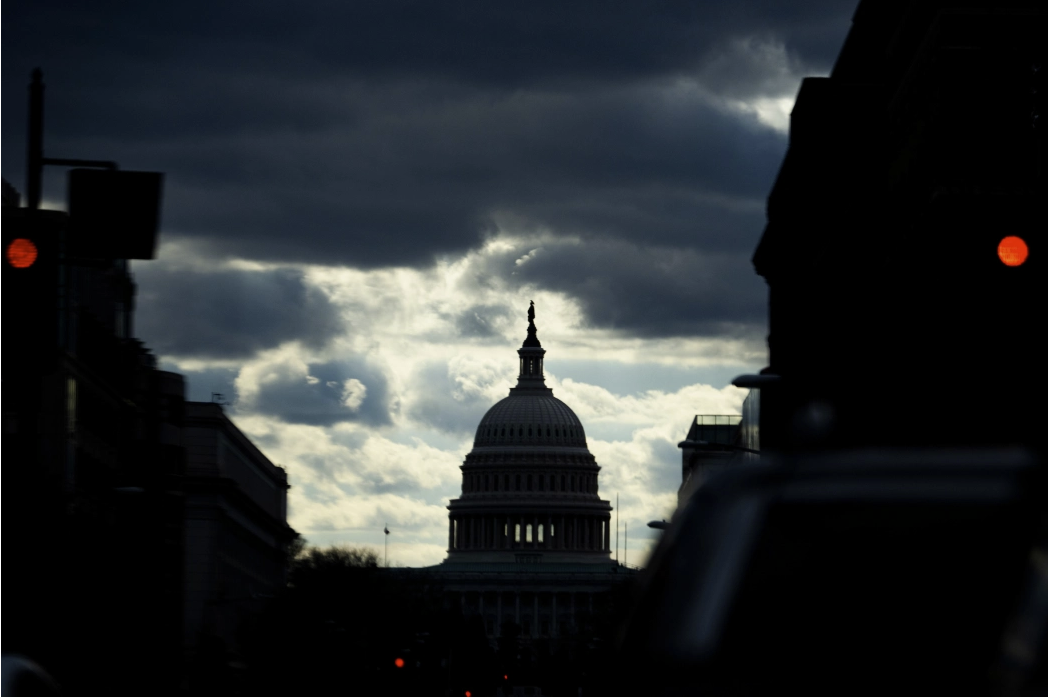Proud Boys leader Tarrio says prosecutors pushed him to implicate Trump
Before he went to trial on charges of seditious conspiracy and other counts related to the Jan. 6 Capitol riot, Henry “Enrique” Tarrio was open to cutting a deal with prosecutors. The leader of the far-right Proud Boys had been through the federal criminal system before, for selling stolen medical supplies in Florida, and knew that those who pleaded guilty can get much less prison time than those who go to trial.
“I was looking and seeking what the plea offer would look like, right?” Tarrio said in a phone interview with The Washington Post from the D.C. jail. “They didn’t want to give me a number,” he said, referring to a possible prison sentence. “I need a number. To me the most important thing is when I get home to my family.” Instead, Tarrio said, the prosecutors asked him what role Donald Trump played in getting the Proud Boys to attack the Capitol. He said the prosecutors, accompanied by FBI agents in the Miami jail where Tarrio was being held at the time, showed him messages he exchanged with a second person, who in turn was connected to a third person, who was connected to Trump. Tarrio said he told the investigators he didn’t know the third person. He refused to name the people who prosecutors said allegedly connected him to Trump. Ultimately, the nearly five-month trial did not connect the Proud Boys to the then-president
More From The Washington Post (subscription required):














